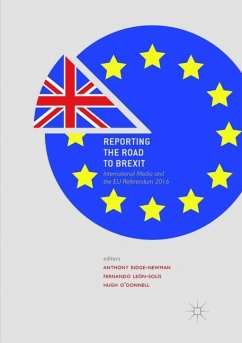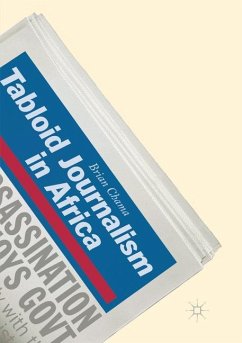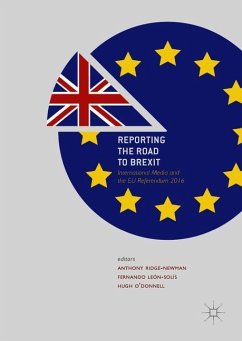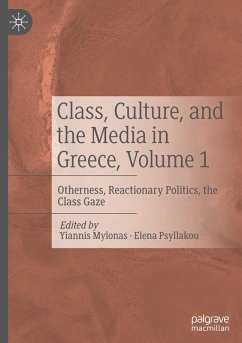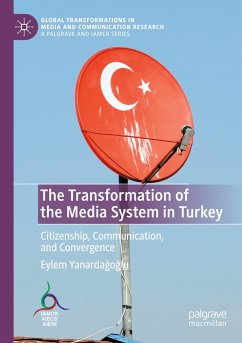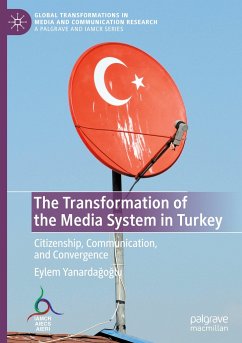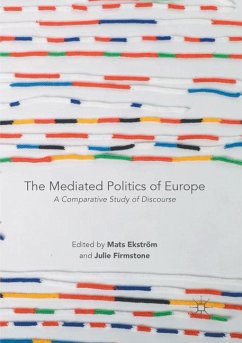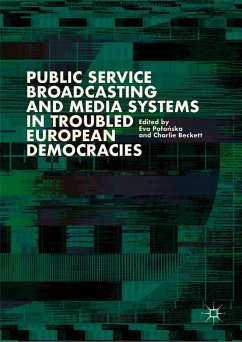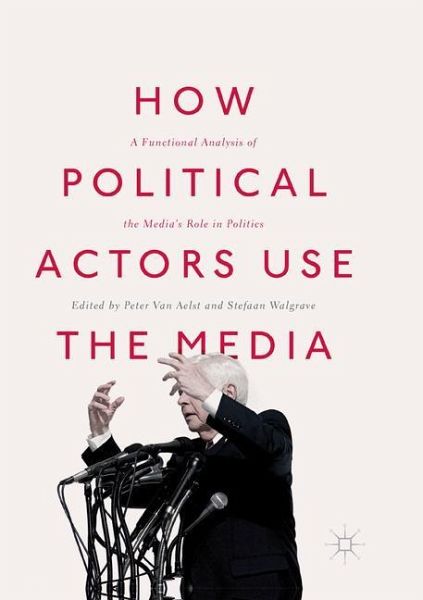
How Political Actors Use the Media
A Functional Analysis of the Media's Role in Politics
Herausgegeben: Van Aelst, Peter; Walgrave, Stefaan
Versandkostenfrei!
Versandfertig in 6-10 Tagen
113,99 €
inkl. MwSt.

PAYBACK Punkte
57 °P sammeln!
This book investigates how individual politicians and political parties strategically make use of the media to reach their political goals. Looking beyond a purely Americentric viewpoint, the chapters present data from more than ten Western democracies to argue that the media are both a source of information and an arena for political communication. This double functional role of the media is examined from both a theoretical and an empirical perspective, including chapters dealing with different aspects of politics - from campaigning to law making - and within different political contexts. The...
This book investigates how individual politicians and political parties strategically make use of the media to reach their political goals. Looking beyond a purely Americentric viewpoint, the chapters present data from more than ten Western democracies to argue that the media are both a source of information and an arena for political communication. This double functional role of the media is examined from both a theoretical and an empirical perspective, including chapters dealing with different aspects of politics - from campaigning to law making - and within different political contexts. The role of the news media is discussed from the perspective of the political actor, focusing on both the opportunities and the constraints the news media provide, resulting in a multidisciplinary text that will appeal to students and scholars of both communication and political science.



